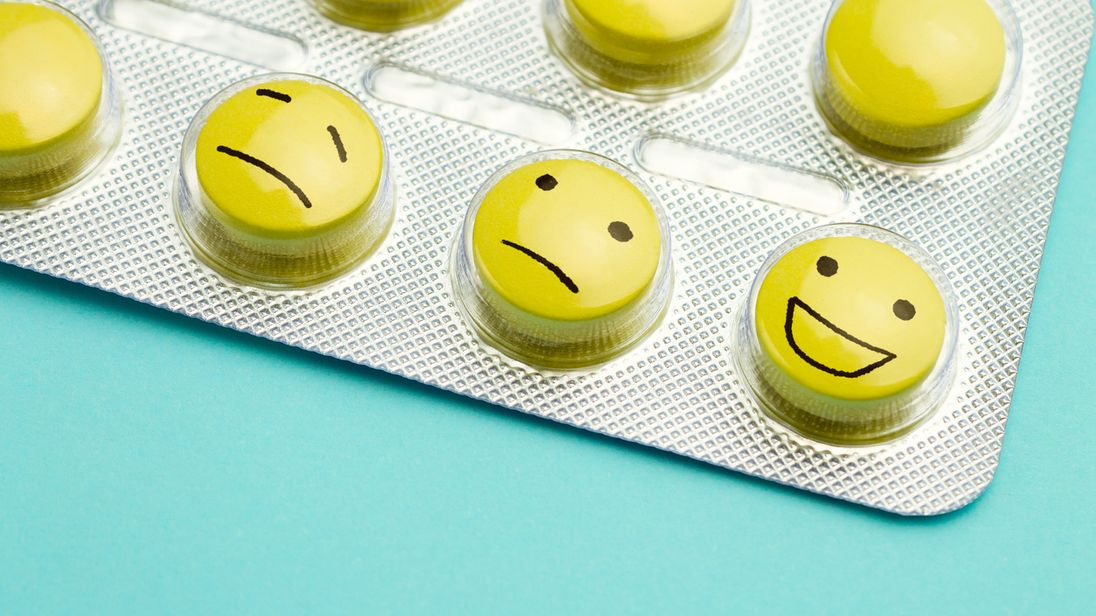I thought this would be of interest to our readers!
“THAT WAY MADNESS LIES…” To be screened at the Richmond International Film and Music Festival
BowTie Criterion
1331 N Boulevard
Richmond, VA 23230
Saturday, April 28. 2018 at 11:45 am
Tickets available at: https://riff.eventive.org/schedule/5a9b7075bc24000014eeecc2
Q&A with filmmaker Sandra Luckow
Q&A with filmmaker Sandra Luckow
New York, New York April 15, 2018 – THAT WAY MADNESS LIES…, an award-winning feature length documentary (Best Feature Documentary at the Hot Springs International Women’s Film Festival) about severe mental illness and its effects on a family, their struggles with the mental health system and the law enforcement system, will be shown on Saturdayy, April 28, at 11:45am, to be followed by a Q&A with filmmaker and Yale School of Art faculty Sandra Luckow. There it will receive a special Jury Award. First responders in law enforcement and crisis management, mental health advocates and families dealing with a mental health crisis are especially encouraged and welcome to attend.
“Most honest portrayal of how severe mental illness ravages families and lives that I’ve seen!” - Pete Earley, author of CRAZY: A Father's Search Through America's Mental Health Madness.
Film synopsis: One woman and her family trek the broken mental health system in an effort to save her brother as he descends into madness. Beginning as a testimony of his sanity, his iPhone diary ultimately becomes an unfiltered look at the mind of an untreated schizophrenic.
Duanne Luckow, 46, began a scary, dangerous and ever-escalating cycle of arrests, incarcerations and mental institutional stays. Three months into his first court-ordered 180-day commitment at Oregon State Hospital, Sandra Luckow, his sister and filmmaker, visited him. He gave her his iPhone with 250 video clips. He wanted his experience documented. With their cameras, they expose an ineffectual and inhuman system as well as delve deep into the strength of family ties. Yale School of Medicine and the Global Mental Health Program at Columbia University say the iPhone footage Duanne shot as he descended into madness offers a rare, unprecedented, unfiltered look at the mind of an untreated schizophrenic. This is a specific harrowing story about a singular family trying to find its way through society's imperfections, stigmas and prejudice when dealing with mental illness. It is a search for answers - a free-fall into a quagmire of conflicting interests, policies, and despair.
“The title of the film, THAT WAY MADNESS LIES…is a quote from Shakespeare’s King Lear, Act III, Scene IV. It speaks to the complications of dealing with mental illness, and our own uncertainties as to which direction we should pursue towards wellness and peace. “It is my greatest hope that this film will be an agent for changing the way we deal with our mental health in America,” says director Luckow.
“This is the only film that I know of that has risen to the task of representing the terrors and tragedies of psychosis accurately and with immediacy and therefore the only one I know of that can truly serve educational and advocacy functions in changing the mental health system to one that promotes recovery and community inclusion as opposed to chronicity and dependency.” – said Larry Davidson, Ph.D. Professor of Psychiatry, Yale School of Medicine, one of the many psychiatric professionals around the United States who have called this film an important and accurate depiction of mental illness — one that should be seen by policy makers and those who care about the care and treatment of people living with mental illness in America.
For further information about the film please visit the film’s website at www.madnessthemovie.com.

